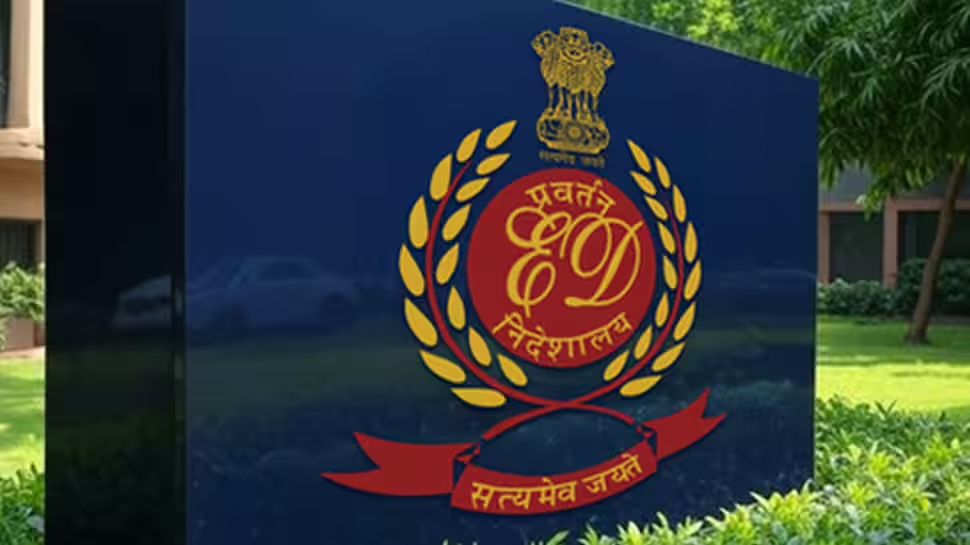Bhupesh Baghel, the Chief Minister of Chhattisgarh, is currently facing a significant political challenge following the arrest of his son, which has drawn considerable media attention. The arrest is linked to an ongoing investigation into a liquor scam that has raised concerns about corruption and governance in the state. The allegations suggest a broader network of involvement, raising questions about the ethical practices within the state’s administration. Bhupesh Baghel’s son has been sentenced to 14 days of judicial custody, a decision that reflects the seriousness of the charges and the need for a thorough investigation into the matter.
The liquor scam case has not only highlighted issues of financial misconduct but has also sparked a political firestorm. Critics of the Chief Minister are now seizing this opportunity to question his leadership and accountability in governance. The opposition has called for a more extensive inquiry into the allegations, arguing that such corruption undermines the trust of the public in their elected officials. This situation poses a significant dilemma for Bhupesh Baghel, as he must balance the demands for justice with the potential political fallout from his son’s involvement in the scandal.
As the investigation continues, the implications of this case could ripple across Chhattisgarh’s political landscape. The outcome may influence upcoming elections and reshape the dynamics within the ruling party. Furthermore, the public’s reaction to this scandal will be critical, as citizens demand transparency and integrity from their leaders. In a broader context, the case serves as a reminder of the ongoing challenges faced by politicians in maintaining ethical governance amid various pressures and temptations. The next few weeks will be crucial as the judicial process unfolds, and the responses from both the government and the opposition will likely shape the narrative surrounding this high-profile case.




